The U.S. State Department announced sanctions against individuals and entities linked to the Wagner Group in Africa on Tuesday, citing human rights abuses and exploitation of resources. This action follows the weekend's aborted mutiny by Wagner chief Yevgeny Prigozhin against the Russian military leadership, raising questions about the mercenary group's future operations in Africa.
Secretary of State Antony Blinken condemned the Wagner Group's destructive impact and pledged continued U.S. action to hold them accountable. He specifically highlighted Wagner's operations in Mali, accusing them of generating revenue for the group and procuring weapons for the conflict in Ukraine.
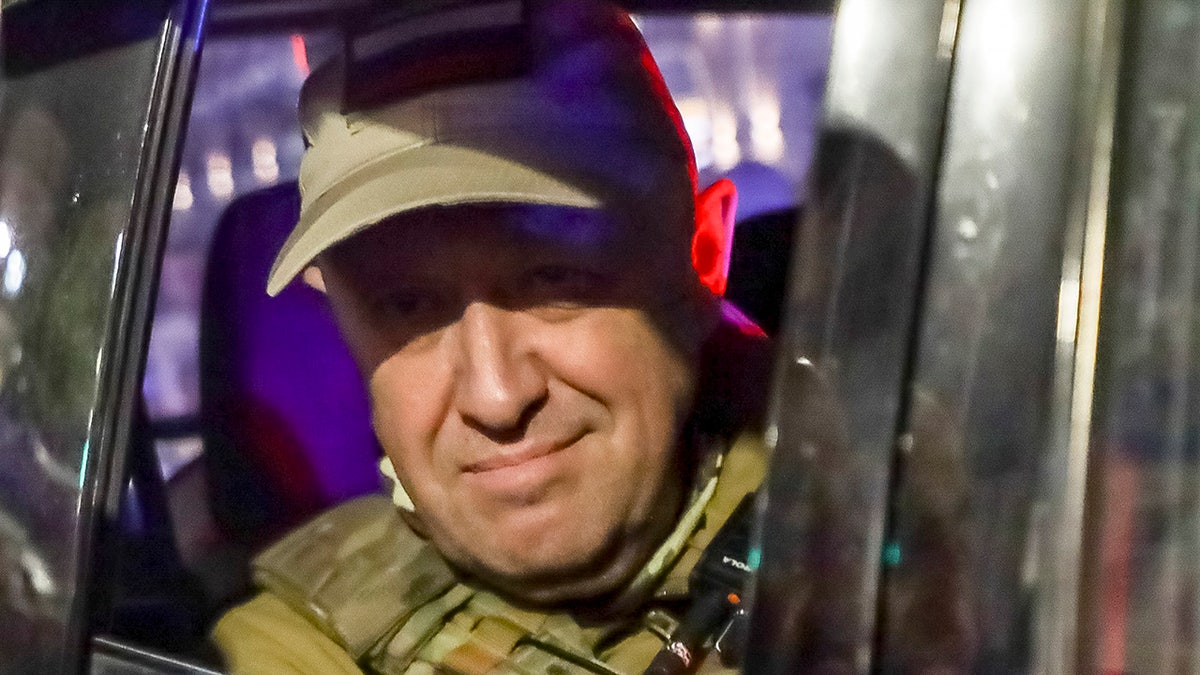
Prigozhin's challenge to Putin has created uncertainty about the status of Wagner forces across Africa. While the Russian government denies any formal connection to the private military company, Prigozhin's accusations against the Russian Ministry of Defense and his subsequent actions have exposed the complex relationship between the Kremlin and the mercenary group.
African nations with close ties to Russia, like Mali and the Central African Republic (CAR), now face questions about the impact of the Wagner-Putin rift on their security. These countries have relied on both the security services provided by Wagner and the political cover offered by Russia at the U.N. Experts suggest these nations are now in a difficult position, needing both Wagner's on-the-ground forces and Putin's political support.
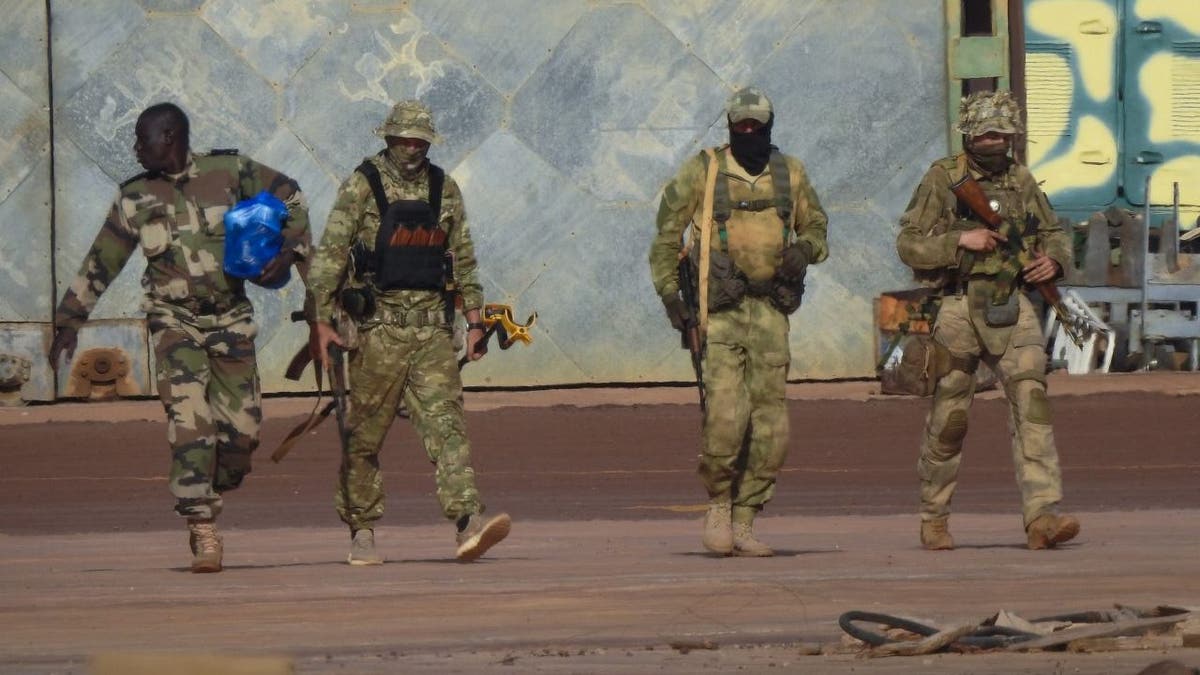
Wagner's presence in Africa is estimated to be around 10,000 troops, spread across multiple countries. Their involvement has been controversial, often marked by accusations of human rights abuses. However, their presence has also come with the implicit backing of Russia, a powerful player on the global stage. This support has been evident in instances like Russia's backing of Mali's efforts to end the U.N. peacekeeping mission in the country.
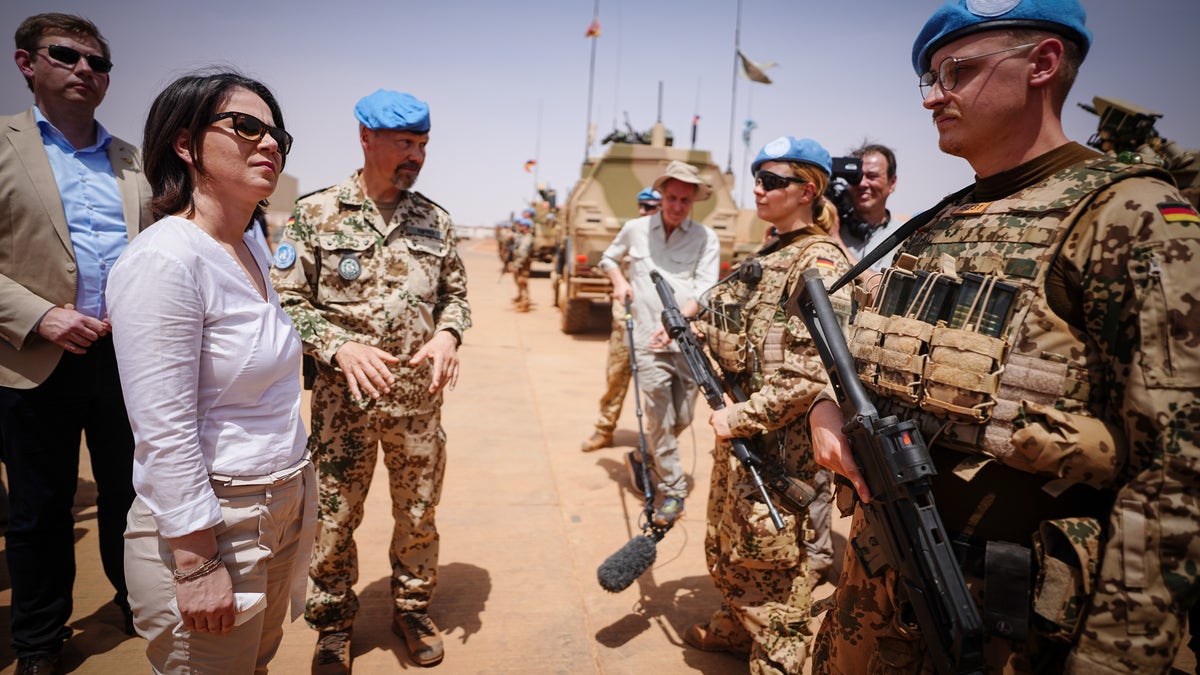
Experts believe the Kremlin faces a challenge in determining how to manage Wagner's operations in Africa, particularly given Prigozhin's established network and influence. Whether Russia can successfully integrate Wagner's operations remains uncertain. One analyst argues that Prigozhin's control over the mercenary group's network gives him leverage, as Russia lacks a comparable alternative to secure its interests in Africa.
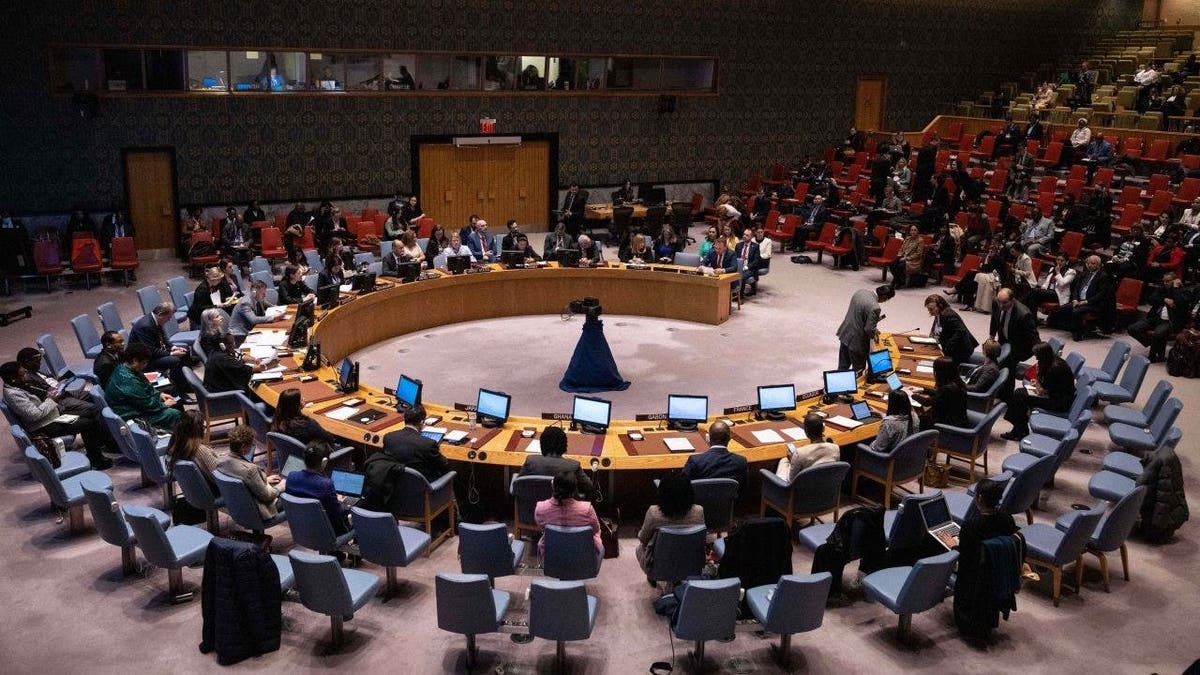
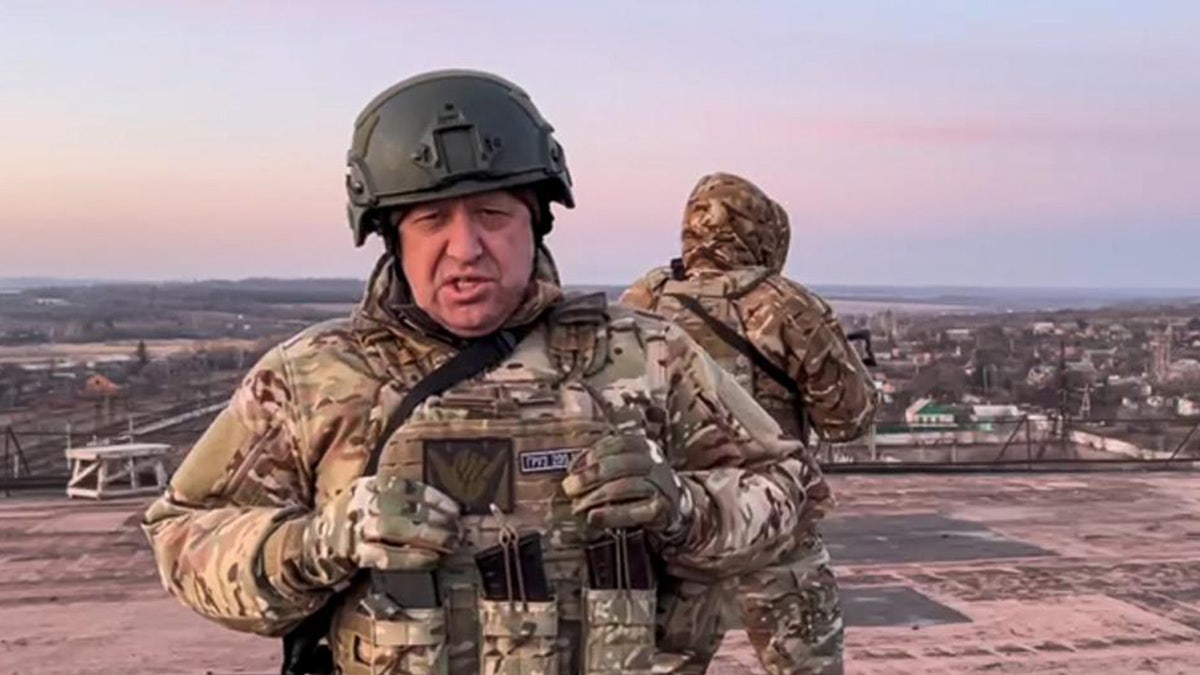
The situation highlights the complex dynamics between private military companies, state actors, and international relations, particularly in regions like Africa. The future of Wagner's presence and Russia's influence in the region hangs in the balance as the fallout from Prigozhin's mutiny continues to unfold.
Comments(0)
Top Comments